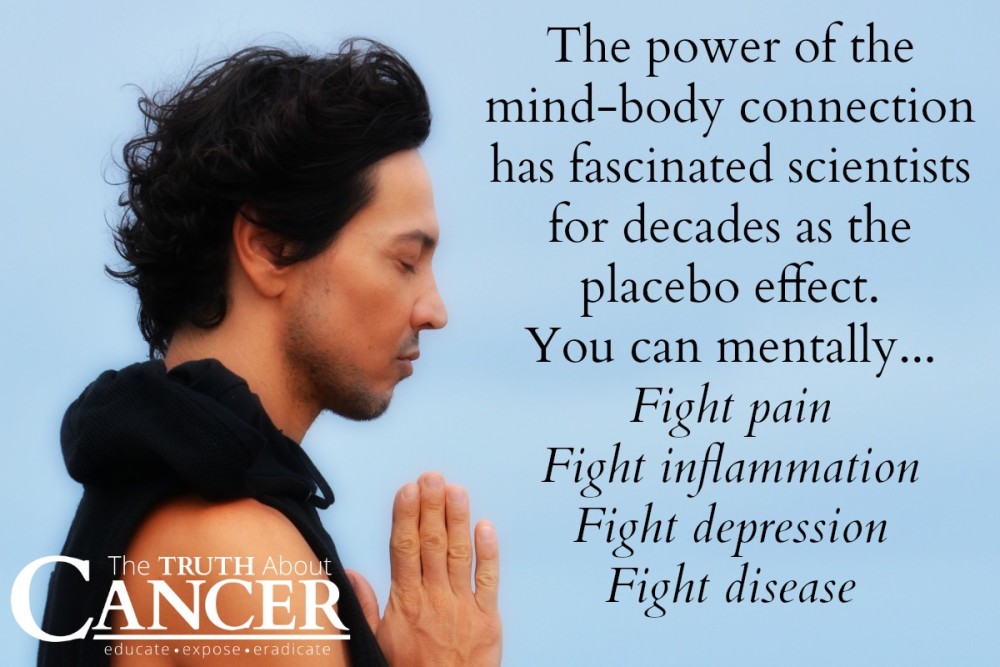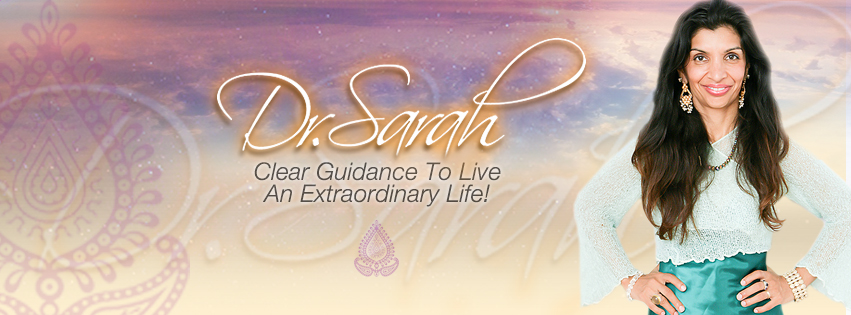What to do if you have been diagnosed with Cancer?
I am so sorry you are going through this! I want you to have the best resources for your health!
- If I had cancer, I would watch these three videos first!
- Stop eating Sugar.
- Connect your Mind, Body, & Spirit with something greater than yourself.
My Beloved Mother-in-Law, Renee had cancer.
We lost her and all the love she had for our kids and us. She lost all of this amazing time on Earth!
She was one of the most thoughtful people in the world and worked her whole life.
She didn’t get to enjoy her retirement or watch her grandkids grow old.
She loved her grandkids!
I think about her everytime a client shares about a cancer diagnosis!
I feel her help, every time a client and I are working on changing lifestyle to allow God healing Cancer.
I feel full by her Grace, God’s Grace and each person’s faith in God!
I love you and you will get through this!
You have to get through this because what you offer is incredible!
Your Cancer diagnosis is waking you up!
Get through this challenge is to think: “What is the next right move!”
1. Watch these videos
Lissa Rankin, MD is an OB/GYN physician, author, keynote speaker, consultant to health care visionaries, professional artist, and founder of the women’s health and wellness community OwningPink.com. Discouraged by the broken, patriarchal health care system, she left her medical practice in 2007 only to realize that you can quit your job, but you can’t quit your calling. This epiphany launched her on a journey of discovery that led her to become a leader in the field of mind/body medicine, which she blogs about at OwningPink.com and is writing about in her third book Mind Over Medicine: Scientific Proof You Can Heal Yourself (Hay House, 2013).
She teaches both patients and health care professionals how to make the body ripe for miracles by healing the mind and being healthy in all aspects of life, not just by promoting healthy behaviors like good nutrition, exercise, and adequate sleep, but by encouraging health and authenticity in relationships, work, creative expression, spirituality, sexuality, finances, and living environment. She is leading a revolution to feminize how health care is received and delivered by encouraging collaboration, fostering self-healing, reconnecting health care and spirituality, empowering patients to tap into the mind’s power to heal the body, and encouraging women not to settle for being merely well, but to strive for living vital, joyful, authentic lives full of “mojo.”
When not spreading the word, she chills out, paints, does yoga, and hikes in Marin County, CA with her husband and daughter.
Just like our healthy cells, malignant cancer cells need energy to survive. Dr. Sophia Lunt explains how she intends to cut off cancer cells’ survival potential, and pioneer a new way of halting their growth.
Dr. Sophia Lunt began her training in metabolism at Princeton University, where she received her Ph.D. studying the metabolic consequences of the antibiotic drug trimethoprim. As a postdoctoral fellow at MIT, she focused on cancer metabolism, and was awarded the CDMRP PRCRP Visionary Postdoctoral Fellowship from the Department of Defense to support her research. She currently runs a research lab focused on cancer metabolism at Michigan State University.
We’ll go to the doctor when we feel flu-ish or a nagging pain. So why don’t we see a health professional when we feel emotional pain: guilt, loss, loneliness? Too many of us deal with common psychological-health issues on our own, says Guy Winch. But we don’t have to. He makes a compelling case to practice emotional hygiene — taking care of our emotions, our minds, with the same diligence we take care of our bodies.
2. Stop eating Sugar and Carbohydrates. Learn and get into Ketogenesis
In short: don’t eat a pro-inflammatory, modern high carb diet. Mother nature has got your back if you respect her.
The Vegan ketogenic diet is one of the most restrictive diets, but it is possible to pull it off while maintaining your sanity, decreasing animal suffering, and improving your health.
To implement the diet correctly, you must follow these rules:
- Limit your total carbohydrate consumption to 35 grams or less per day.
- Eliminate all meat, fish, and other animal products from your diet.
- Eat plenty of low-carb vegetables.
- Get at least 70% of your calories from plant-based fats.
- Consume around 25% of your calories from plant-based proteins.
- Supplement with nutrients that you may not be getting enough of like vitamins D3, B12, & B6, DHA & EPA, iron, zinc, and taurine.
Not a fan of math? Not sure how much of each macronutrient you need?
Yes, seems hard enough to restrict carbohydrate consumption on a regular ketogenic diet, so how are you supposed to limit them on a vegan keto diet? Let’s start with a simple list of high-carb foods that you shouldn’t include in your diet at all.
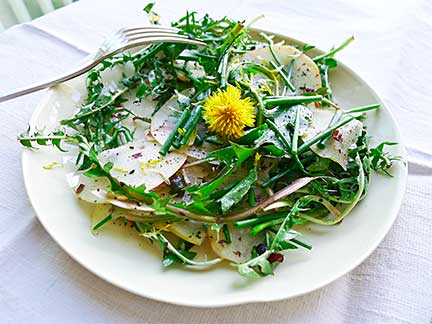
Do Not Eat
- Grains – wheat, corn, rice, cereal, etc.
- Legumes — lentils, black beans, peas, etc.
- Sugar – honey, agave, maple syrup, etc.
- Fruit – apples, bananas, oranges, etc.
- Tubers – potato, yams, etc.
Now let’s look at low-carb vegan-friendly foods that you can eat on a vegan keto diet:
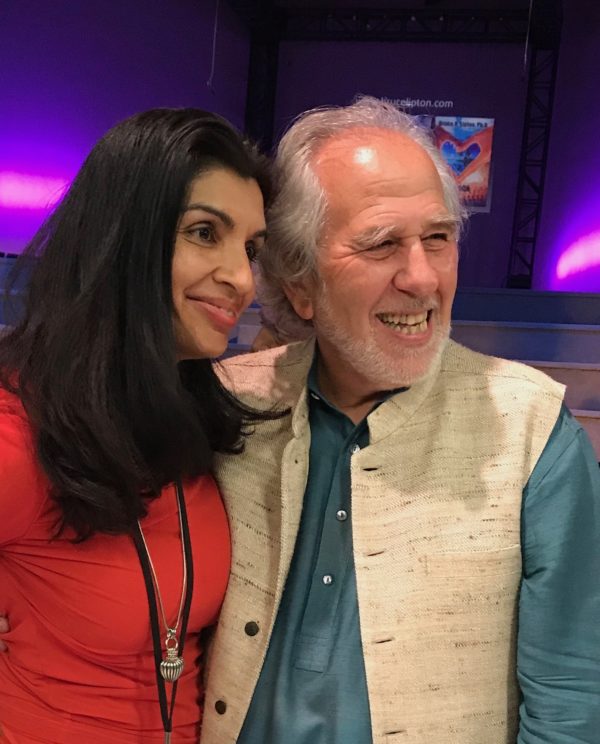
Let your food be your Medicine! ~Hippocrates
Do Eat
- Mushrooms — shiitake, king oyster, lion’s mane, etc.
- Leafy greens – spinach, kale, etc.
- Above ground vegetables – broccoli, cauliflower, zucchini, etc.
- High fat “dairy” – unsweetened coconut-based yogurt, coconut cream, vegan cheeses, etc.
- Nuts and seeds – pistachios, almonds, sunflower seeds, pumpkin seeds, etc.
- Avocado and berries – raspberries, blackberries, and other low glycemic impact berries
- Fermented foods — Natto, sauerkraut, kim chi, etc.
- Sea vegetables — dulse, bladderwack, kelp, etc.
- Sweeteners – stevia, erythritol, monk fruit, and other low-carb sweeteners
- Other fats – coconut oil, olive oil, MCT oil, red palm oil, etc.
How to Eat Enough Fat on A Vegan Keto Diet
Even though you can’t eat eggs, meat, butter, or dairy, you will still have an abundance of fat sources on the vegan ketogenic diet.
Here’s a brief list of the oils you can use and what you can use them for:
Coconut Oil
Coconut oil is an excellent oil for fat bombs, deserts, and cooking and baking at temperatures under 350 degrees Fahrenheit. It also provides you with long chain and medium chain saturated fatty acids that are the ideal fuel sources for keto dieters.
Olive Oil
This oil is mostly made of different fats than coconut oil, and it has plenty of positive health effects as well. You can use it to enhance the flavor and fat content of the many dishes that you’ll find later in this article. Just make sure you cook with olive oil at a temperature that is below 405 degrees Fahrenheit, so it doesn’t oxidize and become less healthy.
Avocado Oil
Avocado oil contains more healthy monounsaturated fats than any other commonly used oils. It also has the highest smoke point of any other cooking oil (at 520 degrees Fahrenheit), which makes it perfect for cooking, baking, and deep frying.
Red Palm Oil
Red palm oil is an incredible source of Vitamins A and E. It has a mild carrot-like flavor, with a rich, buttery texture, and a slightly higher smoke point than olive oil and coconut oil. All of this makes it the perfect oil to prepare your vegan meats with and roast your nuts and seeds in.
MCT Oil
This oil is commonly derived from coconut oil and palm oil. It contains medium chain triglycerides, which are saturated fatty acids that skip normal fat digestion and go right to the liver where they are converted into ketones for fuel. If you need an energy boost, add this flavorless oil to your salads, sauces, fat bombs, and hot drinks like coffee or tea.
Although these aren’t all the vegan oils you can consume, the oils listed deserve special mention because of their versatility and health benefits. However, you don’t have to get all of your fat from vegan oils. You can get extra fat — along with essential vitamins and minerals — by adding these fatty foods to your vegan ketogenic diet as well:
Avocado
High in monounsaturated fat, vitamins, minerals, and antioxidants, the avocado is the perfect addition to any vegan keto meal. You can also make a keto-friendly vegan chocolate mousse dessert by blending avocado together with cacao powder, vanilla extract, and a low-calorie sweetener of your choice — delicious.
Nuts
Nuts are a healthy addition to any diet, and they are filled with different types of essential fats. I recommend macadamia nuts and cashews because they have the highest amount of healthy monounsaturated fats and the lowest amount of inflammatory omega 6 fats. Make sure, however, that you are aware of how many carbs are in the nuts you are consuming while you are on the vegan ketogenic diet.
Seeds
Pumpkin seeds, sesame seeds, flaxseeds, sunflower seeds, etc. are another high-fat, healthy addition to the vegan ketogenic diet. They do, however, contain higher levels of inflammatory omega-6 fats, so don’t rely on them as a dietary fat staple.
Many nuts and seeds are packed with protein, as well as essential vitamins and minerals.
The nuts and seeds with the most protein (per 100 grams) are:
- Pumpkin seeds with ~30 grams of protein
- Pistachios with ~21 grams
- Almonds with ~21 grams
- Sunflower seeds with ~19 grams
- Flaxseeds with ~ 18 grams
However, don’t let these numbers fool you. You must consider the carb content of these nuts and seeds as well.
- Pumpkin seeds have 54 grams of total carbs per 100 grams
- Pistachios have 28 grams of total carbs per 100 grams
- Almonds have 22 grams of total carbs per 100 grams
- Sunflower seeds have 20 grams of total carbs per 100 grams
- Flaxseeds have 29 grams of total carbs per 100 grams
Vegan Dairy Substitutes
The vegan alternatives I mentioned above tend to be high in fat as well. Make sure you check how many carbs are in each serving of your vegan dairy alternative. Many of the vegan products will have unexpected sources of carbohydrates.
With these plant-based oils and fat-packed plant foods, you will have no problem getting the fats you need on the vegan ketogenic diet. The next macronutrient we need to cover — and arguably the most difficult to get enough of on the vegan diet — is protein.

Think of all of the people counting on you to be the best version of yourself!
The Takeaway — What To Eat on the Vegan Ketogenic Diet
It is easier than ever before to maintain a vegan ketogenic lifestyle. There are plenty of vegan dairy and egg alternatives available that will allow you veganize most keto recipes.
Getting enough fat and protein on the vegan ketogenic diet shouldn’t be a problem either. Plant-based oils like coconut oil, avocado oil, MCT oil, and olive oil, as well as avocados, nuts, and seeds will cover all of your fat needs. Regarding protein intake, make sure you have a vegan meat alternative, vegan protein powder, or high protein nuts and seeds with each meal.
3.Connect your Mind, Body, & Spirit with something greater than yourself.
Mind-Body Connection. Get very Still to “hear” what your Body is communicating. “Hear” your wellness too!
Get very good at reprograming your wellness! Connect to something greater than yourself God, Earth, Allah, or the Universe.
Cancer can be a landmine of emotional, financial, and physical stress. From the moment a patient is given a cancer diagnosis, there is fear of the unknown and worry about what happens next.
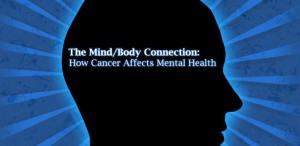
Keeping the mind and spirit at peace is crucial to fighting cancer. Your mind has a very powerful influence over your physical self.
Does this sound like “pseudo-science” to you? The medical community thought so for many decades. Heck, so did I for a long while! However, new research is finding a measurable connection between your thoughts and healing.
The Fascination of the Placebo Effect
Consider the well-known “placebo effect” that continues to baffle scientists in many different fields. Clinical trials are split into groups in order to test research. One group is given the drug or treatment but the other is not. The latter group is considered the control group.
All the participants are told they are receiving the same drug or treatment – in the form of a pill, a shot, a drink, or some other modality – but usually half are actually receiving a placebo. It looks or feels like the “real” drug but it contains nothing that can in any way influence their health.
The placebo effect, as the doctors call it, is when a patient believes so strongly that the treatment will make them well, that he/she exhibits physical changes as if they are receiving the same drug as everyone else.
When the placebo group was given a pill, thought to be a stimulant, their pulse and blood pressure increased and they had better reflex time. Other participants on a placebo for pain management showed improvement in chronic pain due to an increase in endorphins – the body’s natural pain reliever.
In some cases patients were told they were taking a placebo and still manifested improvements in their depression, sleep disorders, digestive problems, and menopause symptoms.
The Mind-Body Connection
The mind-body connection is real. Researchers believe that patients with high expectations for getting better, release biological chemicals to simulate the effect, while altering specific regions of the brain to achieve the believed results.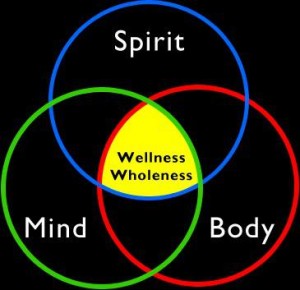
Your body has the ability to mimic the effects of antidepressants, anti-inflammatory drugs, painkillers, and asthma medication. The science behind this phenomenon may be largely unknown but that doesn’t invalidate it.
The truth is, scientists are beginning to understand how the brain communicates with the body on the cellular level. An understanding of the cellular steps has blossomed since Sir John Vane won his Nobel Prize in 1982. In fact, four additional Nobel Prizes have been given in the last decade for discoveries about cell communication within the body.
The good news is that deep breathing exercises and oxygenating aerobic exercises have proven to be an effective method for reducing stress and building the immune system. Bristol University reviewed 52 worldwide studies and concluded that people who incorporated daily exercise routines developed fewer cancers and those with cancer survived longer. Exercise also produces “happy hormones” called endorphins, which neutralize the stressful ones.
